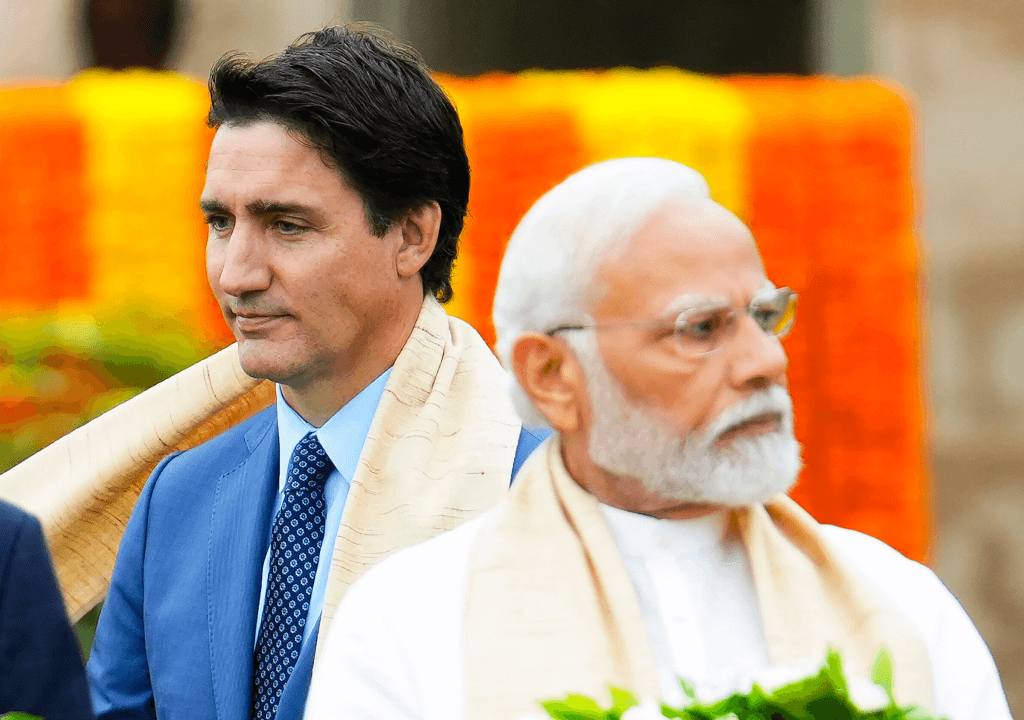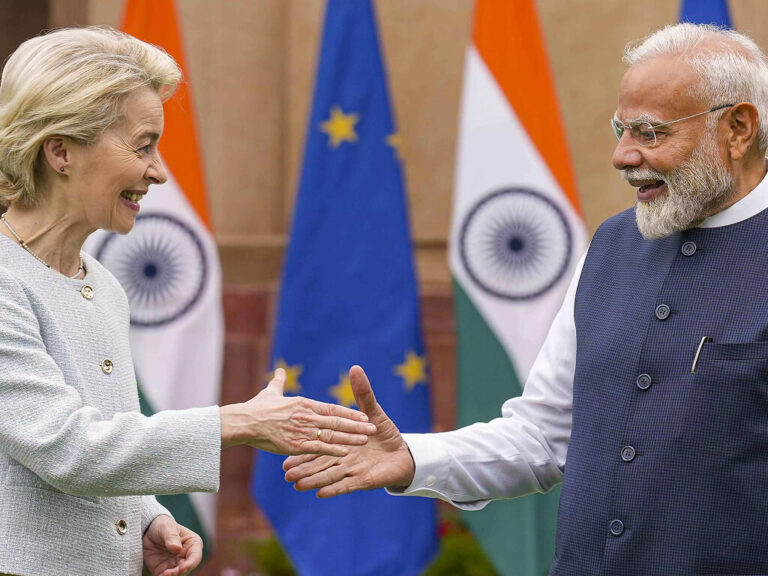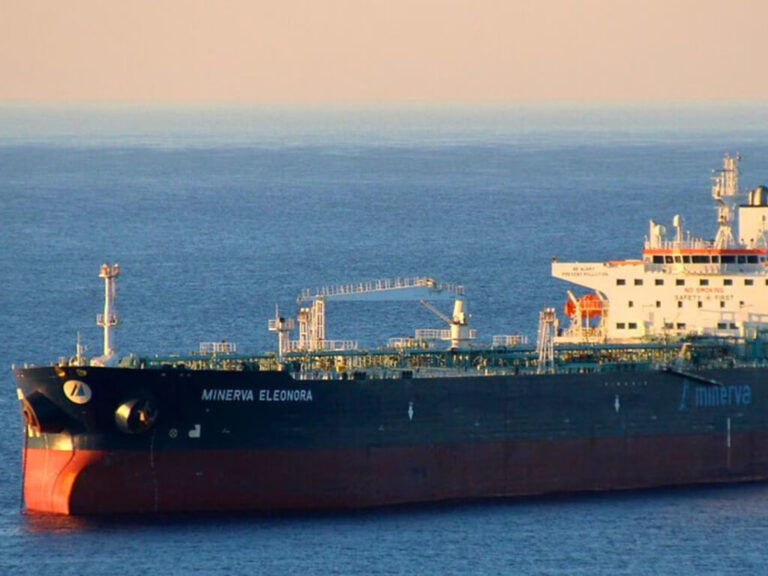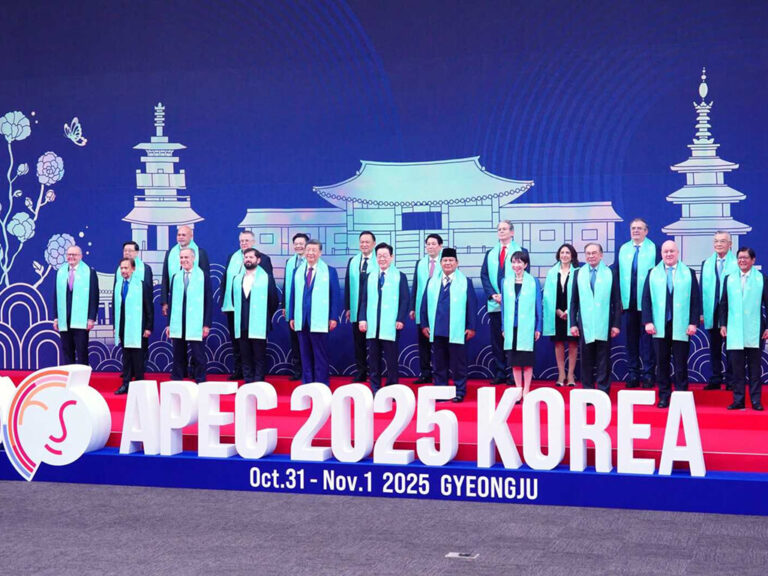India, the most populous country in the world, is experiencing an era of emigration. Many people from India are moving to different countries for various reasons, including a lack of opportunities, poor wages, and substandard living conditions. Canada, an English-speaking country in need of manpower, has become one of the preferred destinations for many Indians seeking a new life. The two countries had a good relationship, given that both are former British colonies, advocates of democracy, and have a history of Indian Prime Ministers being invited to participate in the Canadian Parliament. Immigration processes have been smooth, as Canada needed workers, and India provided them. Over time, technically skilled Indians and wealthy individuals chose Canada as their second home, and they were welcomed there, unlike many from the Middle East and Africa, whose impact on the economy was perceived differently.
However, later migrations included individuals with anti-Indian sentiments, Islamists, extremist Sikhs, and those who had committed crimes in India. These groups found a home in Canada and became a major problem for India, ultimately straining relations between the two countries to their lowest point. Extremist Sikhs can be said to be the focal point of recent tensions between India and Canada. Sikhism, an independent religion that can be considered influenced by both Hinduism and Islam, has a significant presence in the Indian state of Punjab, Delhi, and the Pakistani part of Punjab. There is also a considerable Sikh population in the UK and Canada dating back to the 19th century.
Sikhs have been demanding a separate country in the Indian subcontinent since Muslims garnered a separate nation, Pakistan, in the region. This movement gained momentum in Punjab, driven by various Sikh groups that began demanding the creation of a state called Khalistan, which the Indian Union opposed. This led to numerous deadly conflicts between the Indian Union and these groups, with some turning into highly dangerous terrorist organizations. These groups conducted various terrorist activities in Punjab, including the assassination of India’s Prime Minister, Indira Gandhi.
The West was also part of this issue. The Sikh population in Canada and the UK were strong supporters of the separatist Khalistan movement and heavily funded these organizations. Western countries, not favoring a potential superpower in Asia that might support the Soviet Union, were keen to destabilize the Indian Union. They supported separatist organizations in Pakistan, Kashmir, and even Portuguese continuation in India. These countries also played a role in fostering Sikh sentiments in their regions, contributing to the tensions surrounding the Khalistan issue.
The tensions between Canada and India began to escalate around the same time the Khalistan issue emerged in the mainstream, with India frequently accusing Canada of allowing its soil to be used for conducting terrorist activities in India. On June 23, 1985, a terrorist attack occurred on Air India Flight 182, a passenger flight from Toronto bound for London, UK, over the Atlantic Ocean. The explosion resulted in the deaths of approximately 329 people, including 268 Canadian nationals, most of whom were of Indian origin, and 82 children. Even though it was one of the deadliest terrorist acts Canada has ever seen, the tragedy did not receive the serious attention it needed, and only one person was found guilty. India is still not happy with the way the case was handled. Over time, the issue faded from the Canadian mainstream, as India believes Canada did not want to label Khalistani supporters as terrorists.
The longstanding tensions between Canada and India reached a critical point after Narendra Modi, a Hindu nationalist, gained power in India, and Justin Trudeau, actively seeking support from Sikhs, became Prime Minister of Canada. Trudeau has been actively involved in Indian internal matters, such as the farmers protests, which involved many Sikhs, and has not shied away from criticizing India. Additionally, videos from Canadian Sikhs calling for attacks on India have exacerbated the situation. Along with that, Trudeau raised allegations of Indian government involvement in the killing of Hardeep Singh Nijjar, a Sikh separatist leader labeled as a terrorist in India. Trudeau made a speech in the House of Commons about “Credible allegations of a potential link” between the Indian government and Nijjar’s killing, despite no evidence having been produced to date.
These incidents led to a deterioration in diplomatic relations between the two nations, resulting in the expulsion of top diplomats from each side. India dismissed the charges as “Absurd” and motivated. On September 20, India issued warnings to its citizens in Canada, advising them to exercise caution due to increasing anti-India activities. The following day, India suspended visa applications from Canadians until further notice. Canada also took similar action and updated its travel advisory, warning its citizens about potential anti-Canada protests and anti-Canadian sentiments, and placed India in the high-risk country category, citing not only potential protests but also high levels of terrorism in India. India’s concerns were further heightened when Gurpatwant Singh Pannun, a key leader of the Khalistan movement and spokesperson for Sikhs for Justice, advised Indo-Canadian Hindus to leave Canada.
India asked Canada to withdraw approximately 40 of its diplomats in October, and Canadian officials confirmed that 41 diplomats and their dependents had left India, leaving 21 remaining. Canadian Foreign Affairs Minister Melanie Joly further confirmed that India’s revocation of diplomatic privileges was unilateral and that Canada would not issue a similar mandate for Indian diplomats. As the diplomatic row deepens, a new video of Gurpatwant Singh Pannun, the spokesperson of Sikhs for Justice, surfaced in which he issued a threat to people planning to travel via Air India on November 19, the day of the cricket World Cup final, a major sporting event in Ahmedabad, stating that their “Lives would be in danger.” Despite this, the Canadian government has not taken significant actions against extremists and continues to comment on Indian internal matters, including India’s stance on minorities. This situation has led to serious mistrust between the two countries, bringing their relationship to its lowest point.
Now, the issue is not as hot as the previous year, but the relationship remains in a bad condition, with neither side willing to withdraw from their stance and further exacerbating it. Canada and India are two countries that can help each other in various fields. India’s human resources, technological capabilities, and tremendous markets can be beneficial for Canada. Conversely, Canada is a dream destination for many Indians, and the two countries can cooperate in various sectors. However, the failed immigration policies of Canadian politicians have opened a route for some of India’s problematic elements to enter Canada. This has led to increasing xenophobia towards Indians, which is clearly visible on social media. This unregulated migration from India to Canada is also negatively affecting India. Previously, India’s best talent moved abroad, but now more people who pose a threat to India’s reputation are migrating. Leaders of both countries need to address this issue. With Narendra Modi having secured a third term, it is certain that Canada will need to work with him. If these matters are handled with a focus on temporary political gains, both countries will likely suffer.








